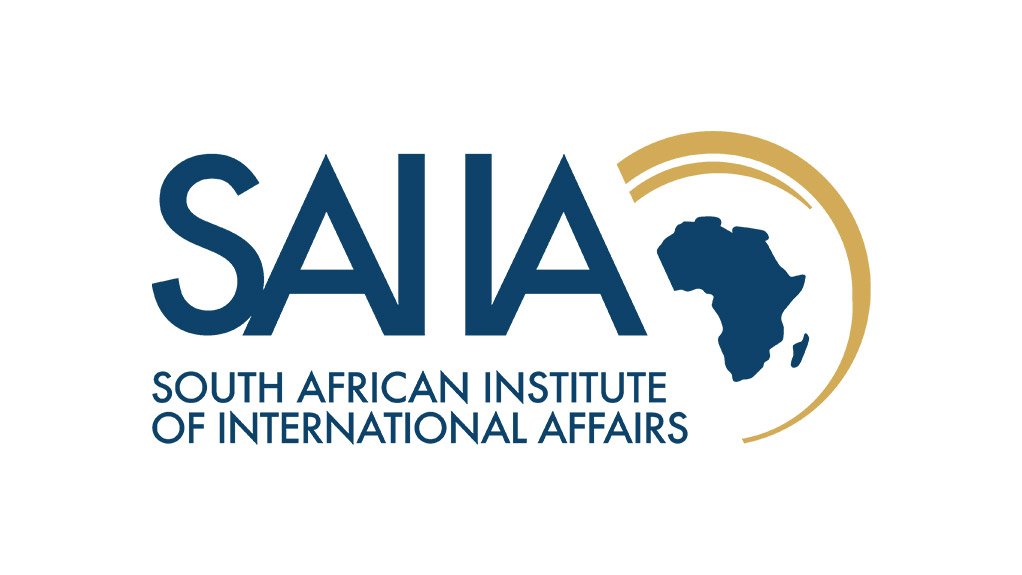The history of democracy has been one of progress as the spread of civil liberties and political rights have increased across the globe.
There is strong evidence that we have entered into a democratic recession – where the quality of democracy is being reversed around the world. As the organisations responsible for running elections, election management bodies (EMBs) are at the fulcrum of the challenge of protecting democracy. This article introduces the special issue on ‘Safeguarding Election Management Bodies in the Age of Democratic Recession’ which aims to consider the emerging challenges that EMBs are facing, and how they can be best equipped to respond to them. It begins by defining some characteristics of a democratic recession and mapping global trends in democratic quality. It charts global trends in election quality and maps variation in the quality of electoral management worldwide. The article then considers the implications of a democratic recession for EMBs and how international and regional organisations have sought to address these problems. Finally, it introduces articles in the special issue.
The history of democracy has been one of progress as the spread of civil liberties and political rights have increased across the globe. Elections have played an indispensable role in this story. Particularly since the Huntingtonian ‘third wave of democratisation’ in the mid-1970s, the number of people able to take part in national elections has grown exponentially as opportunities to elect and hold governments to account have increased substantially.
There is strong evidence, however, that we have now entered a new era – an era of democratic recession – where the quality of democracy is being reversed. In this era the quality of elections is thought to be declining in many countries. While citizens have the opportunity to register and cast their ballot, their democratic rights are being undermined by gerrymandered electoral districts, threats of voter intimidation or violence during the electoral cycle as well as the disruptive role of the social media and arbitrary state-sanctioned social media shut-downs during elections. Although there have also been improvements in election quality in some countries, with indicators not demonstrating an overall decline in election quality globally,1 electoral integrity has become a vital policy issue around the globe.
Research by Prof. Toby S James, Dr. Khabele Matlosa and Dr. Victor Shale
The views expressed in this publication/article are those of the author/s and do not necessarily reflect the views of the South African Institute of International Affairs (SAIIA).
EMAIL THIS ARTICLE SAVE THIS ARTICLE ARTICLE ENQUIRY
To subscribe email subscriptions@creamermedia.co.za or click here
To advertise email advertising@creamermedia.co.za or click here











